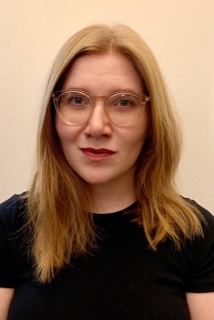Project
Coming-of-Age of Process Research: Connecting Theory with Measurement and
Modelling (OPTIMAL)
Recent technological developments have made the use of intensive longitudinal data in psychological research more feasible, leading to a drastic increase in studies employing this method. One key factor of ILD’s appeal is the idea that such data allows researchers to study psychological processes as they dynamically unfold, which is not possible with population-based aggregates and panel research designs (see Hamaker et al., 2016). My PhD project is part of the ERC project “Coming-of-Age of Process Research: Connecting Theory with Measurement and Modelling” (OPTIMAL), which is funded by a consolidation grant awarded to prof. dr. Ellen Hamaker. Overall, the project aims to review advantages and potential pitfalls of using ILD and dynamic modelling techniques in psychological research. Specifically, the project aims to do so by studying the pairwise links between psychological theory, measurement techniques and modelling approach.
It has previously been argued that, the stronger the correspondence between a theory and its methodological operationalisation in research, the stronger the theoretical warrant to interpret statistical evidence as evidence for a true empirical phenomenon (Cartwright, 2009). This means: theory should be specific enough to indicate an adequate measurement technique and a modelling approach needs to both be suitable given the measurement characteristics and closely match the hypothesised effects in the theory. As psychological theories are often not specific enough to adequately inform such a close conceptualisation, methodologies often more strongly constrict the interpretation of study findings than a priori theory does (e.g. “Methodological Imperative”, Danziger, 1985; also see Oude Maatman, 2021), causing holistic underdetermination and an inherent uncertainty with regard to the interpretability of statistical evidence for psychological theories. My PhD project will therefore emphasize the need for such specific-enough theory to inform the countless measurement and modelling choices that can be made in dynamic process research using intensive longitudinal data. Specifically, I will do so in four sub projects covering parts of the theory-measurement-model connection (these are also defined as part of the ERC grant).
Supervisors
Prof. Dr. E. L. Hamaker
Dr. O. Ryan
Dr. N.K. Schuurman
Period
01.09.2021 – 01.09.2025

